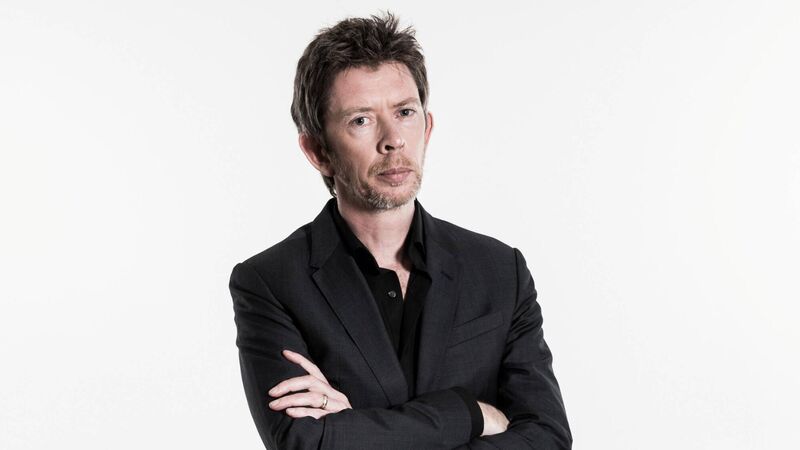John Kelly: 'I went to a Thin Lizzy concert in a brown cardigan, but I came out in a leather jacket'

John Kelly, broadcaster and author.
John Kelly, 56, grew up in Enniskillen, Co Fermanagh. He is the author of several novels, a book of poetry and has presented arts programmes on RTÉ television for more than two decades. He presents Mystery Train on Lyric FM, Sundays to Thursdays, at 7pm-9pm.




